Arthur Stanley Eddington confirmed and transmitted Albert Einstein‘s theory of relativity to the Anglo-Saxon world, and it is paradoxical —and perhaps deliberate— that Ari Aster, director of Midsommar, Hereditary and Bo is Afraid, has chosen the surname of this British astrophysicist and philosopher to designate his imaginary small town in New Mexico, where the action of his latest film, premiered at the 78th Cannes Film Festival, takes place. This is because what he shows us is at the very antipodes of science and reason, as it is a long immersion in the thick murky waters of one of the darkest and most threatening times in the USA.
Eddington‘s cast, starring Joaquin Phoenix —who again collaborates with the director, this time as Joe Cross, the town’s sheriff— includes Emma Stone (his wife, in the most Sissy Spacek-like role of her career), Pedro Pascal (Ted Garcia, the mayor) and Austin Butler (a conspiratorial agitator), who have little opportunity to shine, overshadowed by their overwhelming acting display. The director’s own script is set in the year 2020, at the height of the pandemic, and is a pastiche of topical issues, which get a complacent echo from the audience, amused by the sheriff’s diatribes against facemasks, YouTube looping videos with all sorts of disinformative theories, the integration of natives and blacks (including the murder of Georges Floyd), the interests of the technology industry and data management, as well as the ridiculing of young people mobilised by #BlackLivesMatter or the hypnotising power of social networks to spread hoaxes.
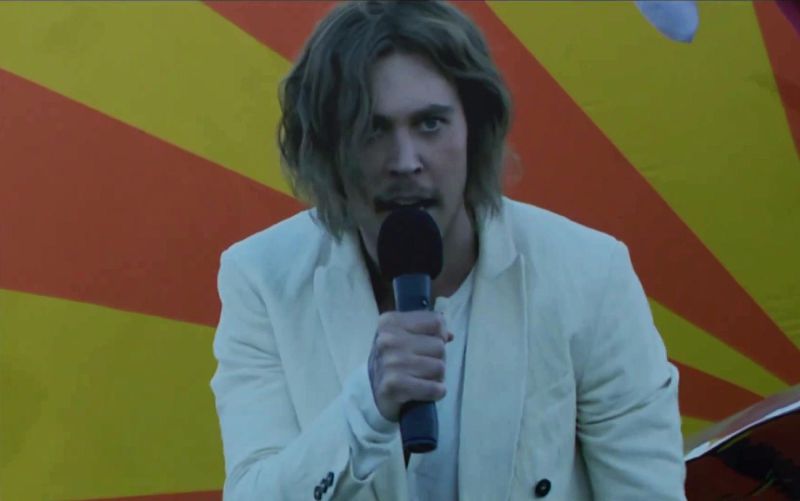
Of course, Aster takes sides in a film that gets drunk on itself, ending in a Tarantinian orgy, but he also distances himself enough to show the Achilles’ heel of the well-meaning and eternally guilty conscientious whites, whom he depicts as out of touch, even adopting progressive attitudes out of social and personal expediency.
Darius Khondji photographs a permanently dusty landscape, interiors bathed in the dim orange light of the sheriff’s house, to perfectly accompany the final aesthetic product, but Eddington‘s script writes a cheque it cannot pay and fails to integrate so much of the subject matter in a coherent and effective way, saturating and blurring the profiles of his characters, who also fail to function as caricatures. The humour permeates the whole film, provoking easy and often guilty laughs, and although the accumulation of themes and their erratic treatment deserved a better result, the spectator is left with Phoenix’s recital and the hope that Ari Aster’s scalpel will once again prove to be as sharp as in his previous, celebrated productions.

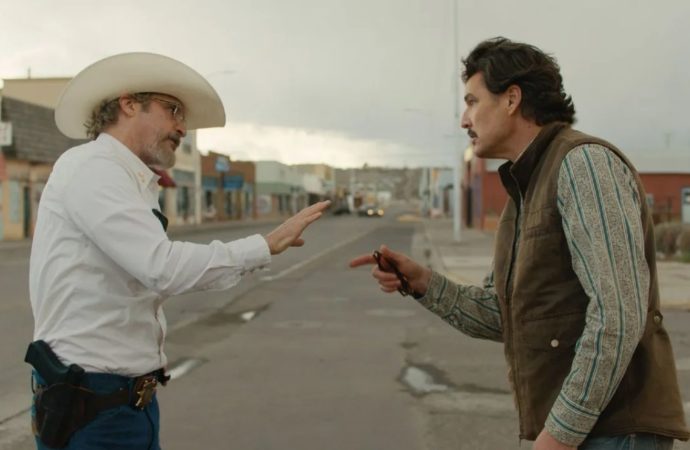

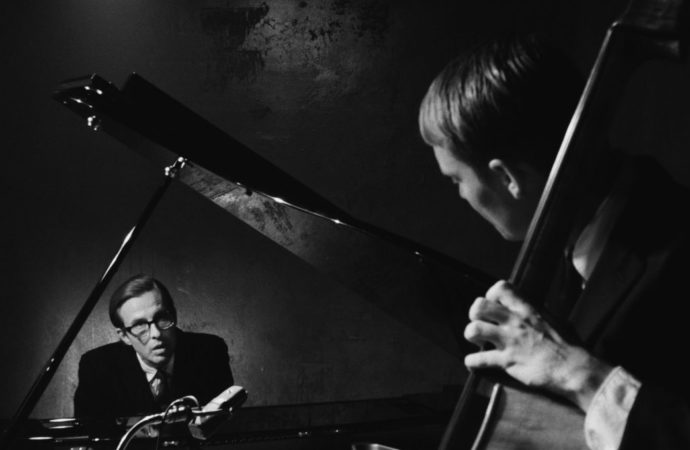
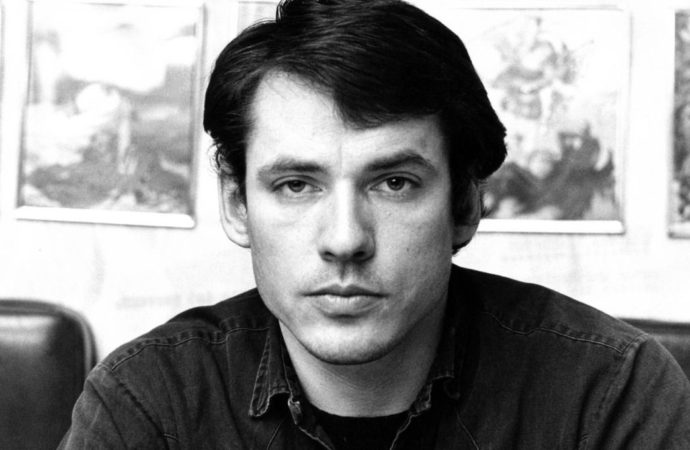
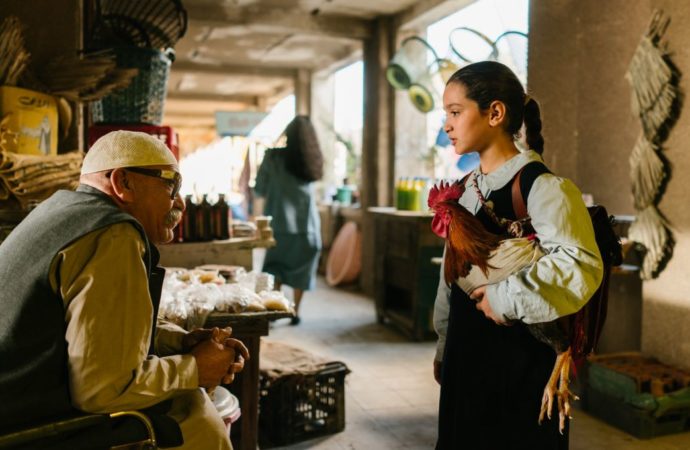



No one has posted any comments yet. Be the first person!